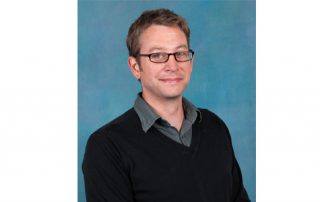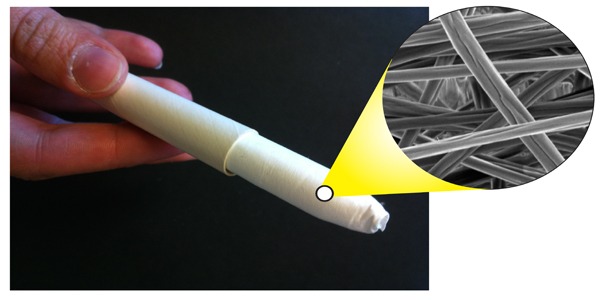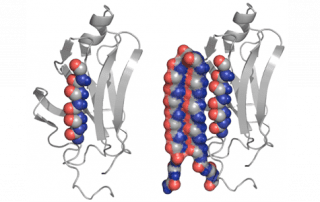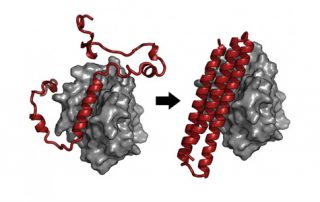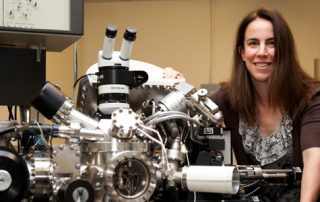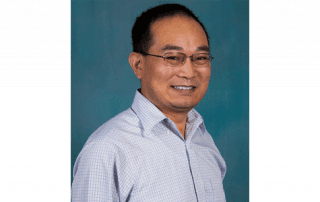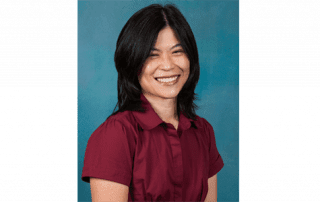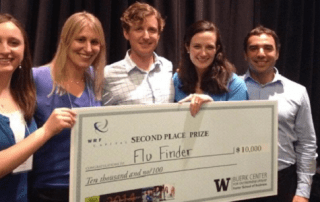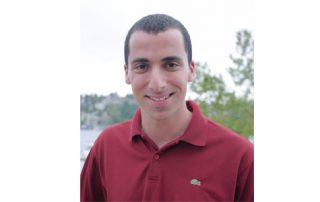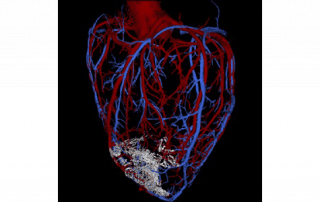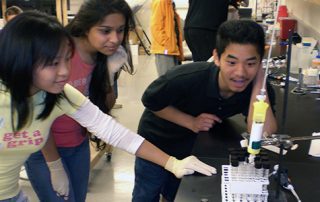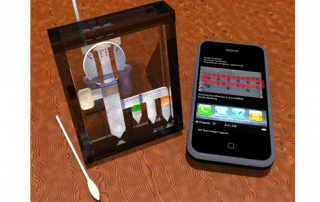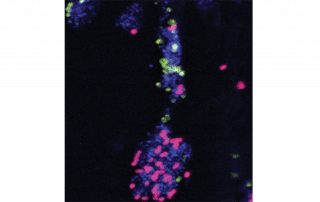Paul Yager to speak at TEDxRainier 2014
UW Bioengineering Professor Dr. Paul Yager will present a talk at TEDxRainier 2014 on November 22nd. Dr. Yager, who served as UW BioE chair from 2007 to 2013, focuses on development of microfluidic devices and systems for analysis of biological fluids for use in biomedical diagnostics. The primary goal of his work is to expand access to healthcare by creating low-cost point-of-care diagnostic devices that can easily be used in low-resource settings.





